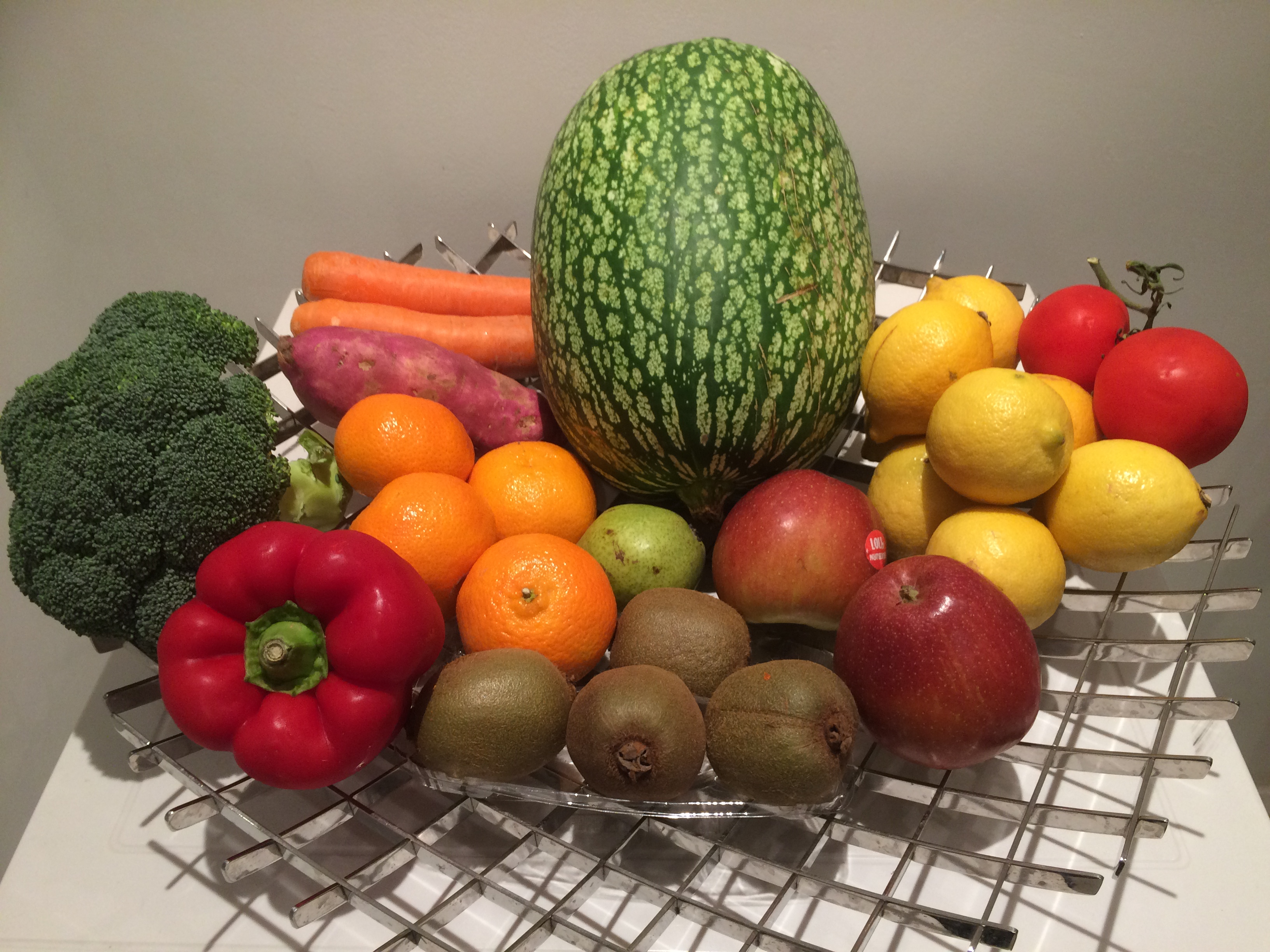One of our managers at Christchurch Kindergarten is currently studying the EYFS: Healthy Early Years (HEY) Award, an accredited training project that covers the full spectrum of healthy living for children at nursery.
Over the next few weeks, we’ll be covering different aspects related to optimising your child’s diet in their early years. Today we’ll talk about the importance of healthy snacks for children at nursery.
Snacks are an important part of your child’s healthy diet.
The key is to keep them small, healthy and given at the appropriate times. It’s also important that they’re tasty and your child enjoys eating them.
The difference a good and bad snack can have on a child’s focus, behaviour and development at nursery is very noticeable.
We always encourage parents to opt for healthy options centred around fruits and vegetables, as opposed to biscuits and crisps.
If your child is old enough, educating them on what constitutes healthy is important for their own future decision making skills.
For example, you could take your child food shopping with you and make it into an interactive educational experience.
Ask your child to make a list of all the healthy snacks they would like to eat and then go around the shop and discuss which items on the list are suitable, and which aren’t. For the latter, explaining alternatives and better option will help build good food habits.
Examples of ‘good’ and ‘bad’ snacks:
The ‘good’:
- All fruits
- All vegetables
- Cheese
- Oatcakes
- Breadsticks
The ‘bad’:
- Biscuits
- Crisps
- Any types of juice
With the ‘good’ list, don’t be afraid to get creative with how you present it. Small changes in how you cut a fruit up can make it a lot more appealing to your child!
If your child doesn’t enjoy eating fruits or vegetables, don’t give up. Lead by example and follow healthy eating habits as a family together, and your child may eventually follow your lead.
Child’s tastes do change with age, so never assume your child dislikes a particular fruit or vegetable on the first try.
This is also an important time for your child’s taste bud development, highlighting the need for healthy foods during this time of their life.
For example, if your child eats lots of salty, processed foods, they’ll begin to expect this and crave it. If your child eats plenty of vegetables, it will grow to like healthy food and want it more often.
If you’ve got any questions on snacks, or what to bring for your children at nursery, please don’t hesitate to ask.

